Three importers specialising in natural wines arranged a small consumer fair at the Marie Laveau restaurant in Stockholm, located on Södermalm where hipster density rivals planting density in Burgundy. This choice of neighbourhood may not have been random, given the wines presented.
Here is a selection of the best wines on show, but first a short setting of the scene.
The three who presented parts of their current range was:
It is primarily a number of small importers who account for the supply of natural wines in Sweden since it is primarily small and medium sized wineries that produce these wines. Some of their wines are available in the Systembolaget range, while others are available by ordering from the importer (through Systembolaget) or through private imports (internet sales).
Some of the wines from Vin & Natur is also sold through mail order (i.e. internet shopping) from Denmark by Gaston.
A look at the importers’ websites can be helpful if you like a particular region or a particular producer since the ”visible” (official) range at the Swedish monopoly really does not cover everything you can get your hands on.
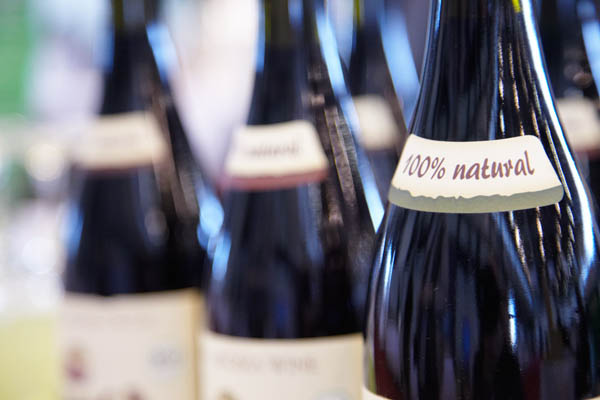
Natural wine is a phenomenon that has divided the wine scene in Sweden (as in other countries). Several of the older and more established wine writers (we are talking ”old media”) have been moderately impressed, to put it gently, while many bloggers on the other hand have been lyrical.
For those who simply try to focus on the quality of the particular wine, it might seem a bit excessive to have to decide if all the “natural wines” are good or all the wines are bad, while in other contexts (French wines, Australian wines, white wines, sweet wines, cheap wines, expensive wines…) it is OK to think that some are good and others are bad.
Within the umbrella of natural wines you find wines of many different styles. Some are stylistically quite conventional – in the best sense – and primarily emphasise that they are organic wines bottled with less sulphur added than usual.
Then there are those who use unconventional or old-fashioned wine-making methods or intentionally use unusual local varieties. These wines can be very characteristic of the producer or of region, but they will often be ”love it or hate it” experiences.
To further characterize the natural wines, using the ones that come to Sweden as a starting point, we are talking mainly about French wines from small producers, and wines in the medium price range.
Anyone who wants to learn more about natural wines, including also organic and biodynamic wines, can read the book ”Wine and the environment, organic, biodynamic and natural” written by Britt and Per who run BKWine Magazine. (The book is currently only available in Swedish but an English edition can be expected next year.)
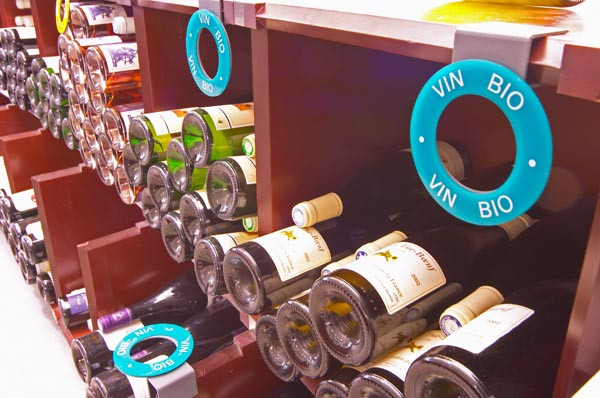
Here is a selection of some of the tasted wines that I particularly appreciated:
Champagne
Laherte Frères Blanc de Blancs Brut Nature NV
Vin & Natur, sold through Gaston for 340 SEK.
Clean, fresh, very dry champagne in lighter style with green apples as the dominant aromas. A good aperitif for those who prefer something tight.
Françoise Bedel Entre Ciel et Terre
TM Kvalitetsviner, on-order range, 387 SEK.
A pinot meunier-dominated champagne with good concentration and a lot of apple tones, and with a little honey and caramel tones on the nose. Good acidity and fresh aftertaste.
Demarne-Frison Cuvée Rosé Brut Nature Elion (2009)
Wine Trade, private import 499 SEK.
An elegant rosé with lots of mineral notes, purity and good body but still relatively light in style. Suitable as an aperitif and with seafood. The producer is in the Côte des Bar in the southern outskirts of Champagne and was a new acquaintance for me, and a very positive one.
Larmandier-Bernier Rose de saignée 2007
Wine Trade, private import 499 SEK.
A more full-bodied and fruity rosé with hints of strawberry, raspberry and red currants, but it also has mineral and freshness. Two days of skin contact with the blue grape skin has given this champagne a colour of an intense pink.
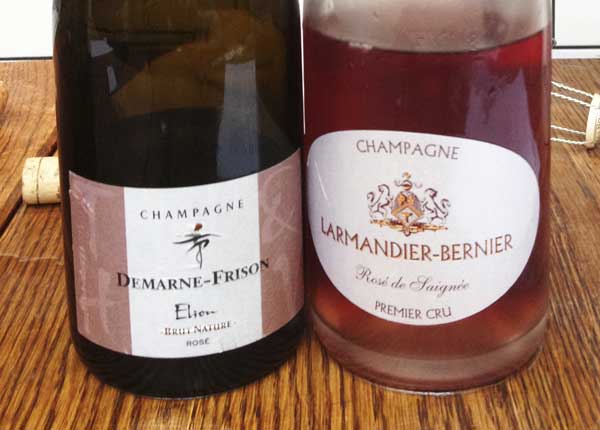
White Burgundy
Philippe Valette Macon Village 2011
Vin & Natur, private import
Fruity white Burgundy, not in the chablis style that you sometimes find in Mâcon, with plenty of yellow apples, a little honey and freshness.
Philippe Valette Mâcon Chaintré 2009
Vin & Natur, private import
White Burgundy that starts to show some maturity with yellow apples and with a little honey. Feels like a hot-summer-wine like many white 2009s, but has mineral notes and a good balance.
Philippe Valette Vire-Clessé 2009
Vin & Natur, private import
White burgundy with a little more maturity showing in the form of winter apples and nuts. A little bigger than the previous wine, with a less of the “hot” impression in spite of that the maturity is more apparent.
Red from Beaujolais
Jean Foillard Cote du Py 2011
Wine Trade, was at Systembolaget 249 SEK, now unfortunately out of stock
The new (or revived) generation of more serious Beaujolais wines were the first natural wines that received attention in Sweden with its combination of some ”real” burgundy feeling and being very drinkable. Jean Foillard is one of the more well-known producers of these wines and this one, a 2011, is true to his style. Cherries, dark berries, tar and some herbs, combined with a fresh acidity, a touch of tannins and fresh after-taste.
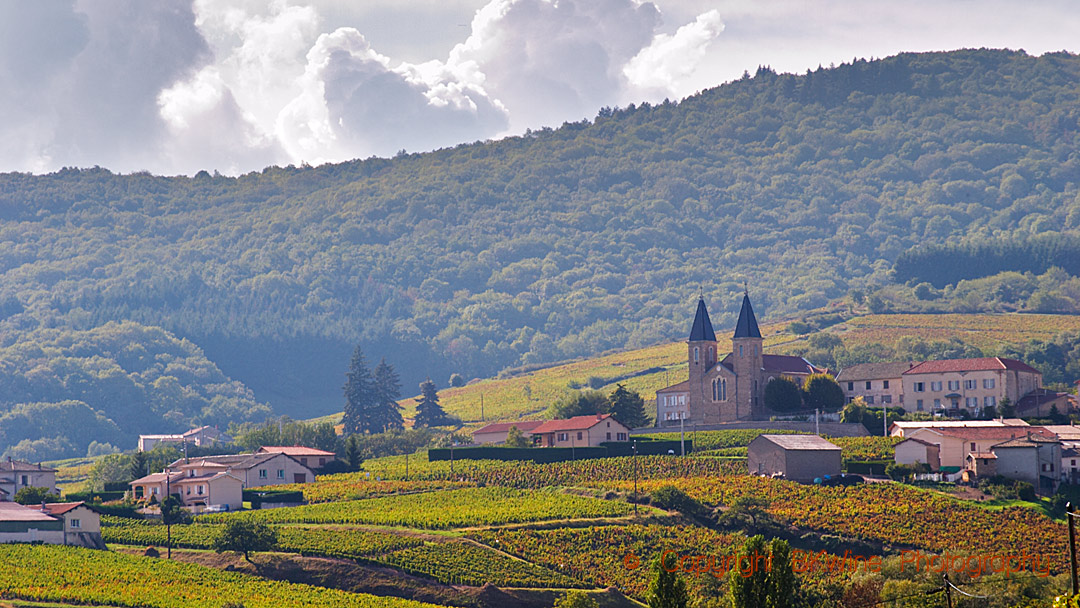
White from Loire
Puzelat-Bonhomme, Sauvignon”Thésée”2009
Wine Trade, private import 185 SEK.
A meaty wine with lots of yellow apples and somewhat oxidized tones that does not show the typical sauvignon aromas. Yes it is Loire-style but then maybe a little bit more on the chenin side.
Sebastien Brunet Vouvray Sec ‘Renaissance’ 2011
Wine Trade, private import 185 SEK.
Typical chenin with with apple, spices, some straw and honey. Dry but not dust-dry, good concentration.
Wines from Southern Rhone
Montirius Vacqueyras Perle de Rosée 2012
TM Kvalitetsviner, Systembolaget 134 SEK.
A serious pale pink rosé with strawberry, citrus, mineral and freshness. In my opinion, more like the ones that usually come from Provence rather than from the nearby Tavel appellation.
Montirius Cotes du Rhone 2011
TM Kvalitetsviner, on-order range 128 SEK.
Cotes du Rhone with a clear grenache character, understated floral notes, good concentration and some fruit sweetness.
Montirius Vacqueyras Garrigues 2010
TM Kvalitetsviner, order range 184 SEK. (the 2011 in stores for 169 SEK.)
Typical southern Rhone wine of good quality that is a good representative for the name, with subtle but distinctive herbal garrigue notes, complemented by grenache fruit and a little liquorice.
Montirius Vacqueyras Les Clos 2011
TM Kvalitetsviner, on-order range 199 SEK.
Also a typical southern Rhone wine, but with more flowers and less than herbs than the preceding wine. Will need a little more aging.
Montirius Gigondas La Tour 2011
TM Kvalitetsviner, on-order range 189 SEK.
The style is roughly in-between the two Vacqueyras, but a little softer tannins than those two.
Hervé Souhaut Gamay La Souteronne 2011
Wine Trade, private imports 200.
Aromas of ripe cherry and a bit of dark fruit, a little Burgundian “old leaves” on the nose and distinct acidity on the palate and a fresh after-taste. Similar to a good Beaujolais in the modern style, and a reminder that the distance between Beaujolais and Northern Rhone is not great.
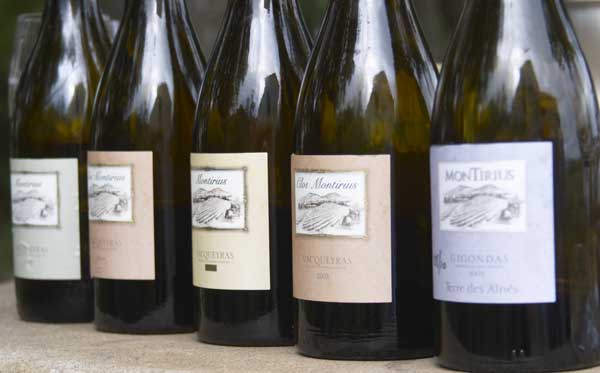
BKWine Magazine has previously published a video interview with Christine Saurel of Domaine Montirius where she tells us more about the way they work.
White from Languedoc-Roussillon
Matassa Marguerite 2011
Wine Trade, private import 215 SEK.
50% viognier and 50% muscat from old vines. Showing notes of white currant with light floral and perfumed notes, great purity of aromas and a fresh after-taste with mild grapefruit bitterness.
White from Hungary
Kiralyudvar Furmint Sec 2009
Wine Trade, private import 249 SEK.
Fundamentally a dry wine from one of the Tokaj grapes, but that leans in style towards a semi-dry wine, perhaps it is a warm vintage character that is coming through. Yellow apple, honey, some dried fruit, a little spices. Quite similar to chenin blanc and not too different from the Vouvray, also presented by the same importer.
Tomas Eriksson is one of the contributors on BKWine Magazine. He is active in the wine tasting association AuZone in Stockholm and in Munskänkarna, where he sometimes holds courses. Tomas also runs a blog called Vintomas.
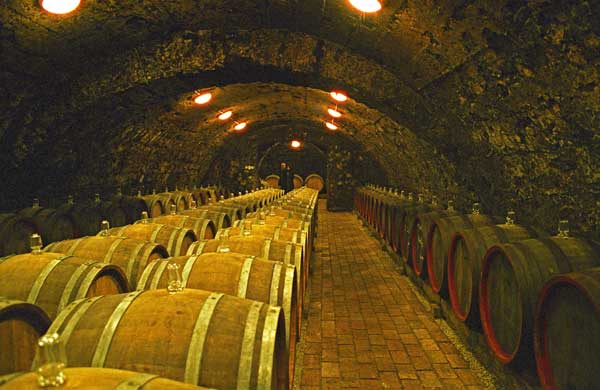
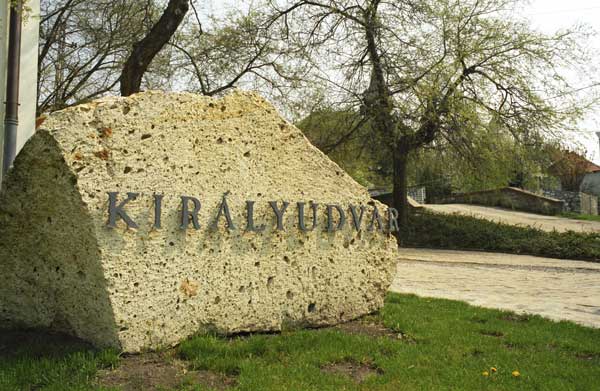



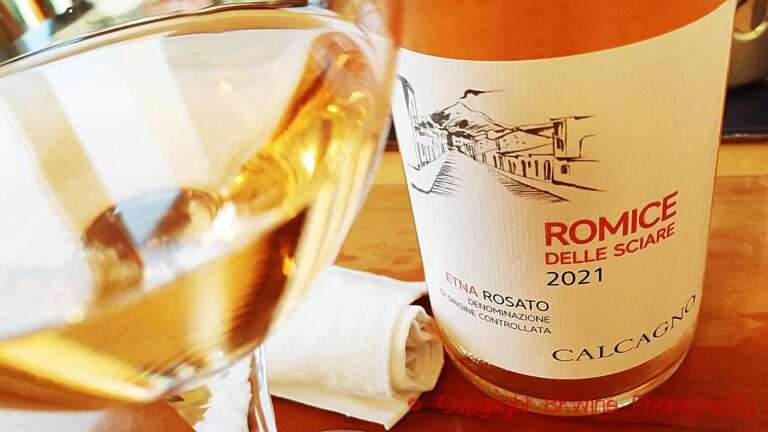

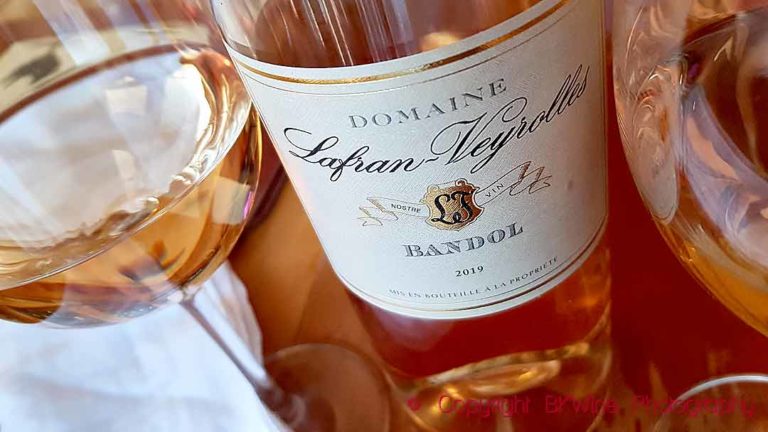






One Response
Dear sir we are a small producer of natural wine in Italy and we are looking for importer in Sweden .
Can we come in contact with them?